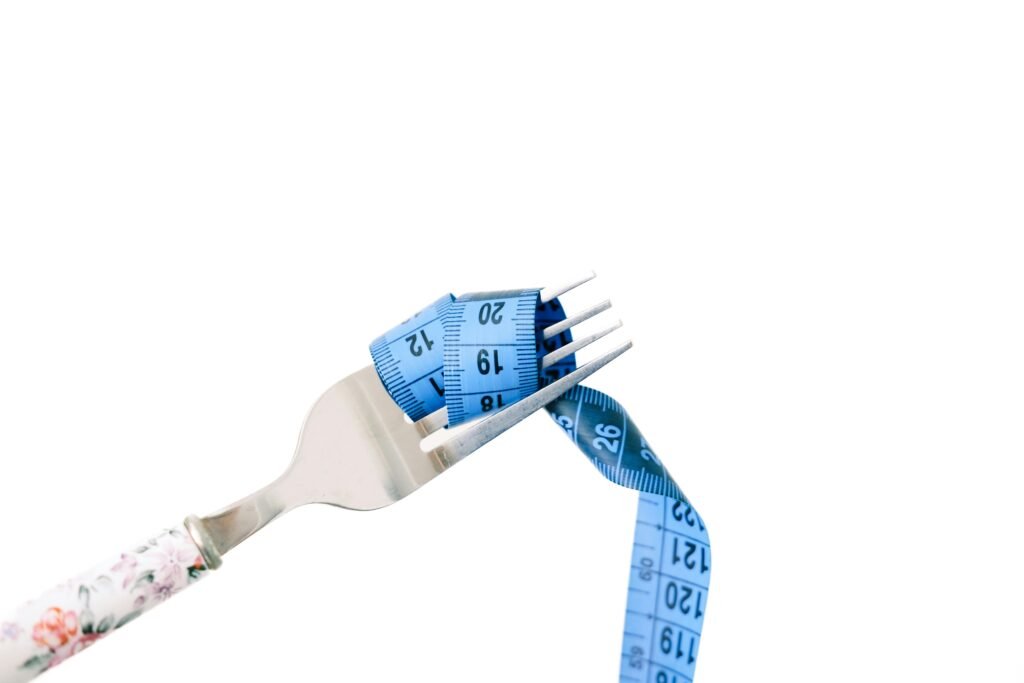We’ve all been there—caught up in the whirlwind of the latest diet craze, hoping it’ll be the magic bullet for those stubborn pounds. But let’s face it, quick fixes rarely lead to sustainable weight loss. The truth is, many dieting myths promise rapid results, yet leave us feeling frustrated and defeated. In this friendly guide, we’ll explore real weight loss solutions that truly last, focusing on healthy weight loss strategies that fit seamlessly into your lifestyle. So, whether you’re overwhelmed by fad diets or seeking genuine fat loss tips, let’s embark on this journey together toward overcoming weight loss struggles with practical lifestyle changes.
Understanding Dieting Myths
Let’s dive into the world of dieting myths and uncover the truth behind popular misconceptions. Understanding these myths is crucial for developing a realistic approach to weight loss.
Common Misconceptions About Diets
When it comes to dieting, there’s no shortage of misinformation. One common myth is that all carbs are bad. In reality, carbohydrates are essential for energy and brain function. The key is choosing complex carbs over simple ones.
Another widespread belief is that eating less automatically leads to weight loss. While calorie reduction is important, drastically cutting calories can slow down your metabolism, making weight loss more difficult in the long run.
Lastly, many people think certain foods burn fat. While some foods may slightly boost metabolism, no food magically melts away fat. Sustainable weight loss comes from a balanced diet and regular exercise.
Why Quick Fixes Never Work
Quick-fix diets often promise rapid results, but they’re rarely sustainable. These diets typically involve severe calorie restriction or eliminating entire food groups, which can lead to nutritional deficiencies and metabolic imbalances.
Moreover, quick fixes don’t address the root causes of weight gain, such as unhealthy eating habits or emotional eating. They provide temporary results at best, often followed by rapid weight regain once normal eating resumes.
The body also adapts to extreme dieting by slowing down metabolism, making it harder to lose weight in the future. This “yo-yo” effect can be frustrating and potentially harmful to your health.
Sustainable Weight Loss Solutions
Now that we’ve debunked some common myths, let’s explore sustainable approaches to weight loss that can lead to long-term success and improved overall health.
Importance of Lifestyle Changes
Sustainable weight loss isn’t about quick fixes; it’s about making lasting lifestyle changes. This involves adopting healthier eating habits, increasing physical activity, and addressing emotional factors that influence eating behaviors.
One key aspect is developing a balanced relationship with food. This means enjoying a variety of nutritious foods without strict restrictions, and learning to listen to your body’s hunger and fullness cues.
Regular physical activity is another crucial component. Find activities you enjoy, whether it’s walking, swimming, or dancing, and make them a consistent part of your routine. Remember, small changes add up over time.
Lastly, managing stress and getting adequate sleep play significant roles in weight management. High stress levels can lead to emotional eating, while lack of sleep can disrupt hormones that regulate hunger and fullness.
Personalized Nutrition Services
Every individual is unique, and what works for one person may not work for another. This is where personalized nutrition services come in, offering tailored advice based on your specific needs, preferences, and health goals.
A registered dietitian can help you create a personalized meal plan that fits your lifestyle and nutritional needs. They can also provide guidance on portion control, meal timing, and how to navigate challenging situations like dining out or social events.
Moreover, personalized nutrition services often include ongoing support and accountability, which can be crucial for long-term success. Regular check-ins and adjustments to your plan can help you stay on track and overcome obstacles.
Tips for Healthy Weight Loss
Armed with knowledge about sustainable weight loss, let’s explore some practical tips for achieving and maintaining a healthy weight.
Effective Fat Loss Tips
Effective fat loss involves a combination of dietary changes and increased physical activity. Here are some proven strategies:
- Focus on whole foods: Fill your plate with vegetables, fruits, lean proteins, and whole grains. These nutrient-dense foods keep you feeling full and satisfied.
- Practice portion control: Use smaller plates, measure servings, and be mindful of portion sizes to avoid overeating.
- Incorporate strength training: Building muscle helps boost metabolism and burn more calories, even at rest.
- Stay hydrated: Sometimes thirst can be mistaken for hunger. Drink water regularly throughout the day.
- Plan meals in advance: Meal planning can help you make healthier choices and avoid impulsive eating.
Remember, consistency is key. Small, sustainable changes over time lead to lasting results.
Overcoming Weight Loss Struggles

Weight loss journeys often come with challenges, but with the right strategies, you can overcome them. One common struggle is plateaus, where weight loss seems to stall despite continued efforts.
To overcome plateaus, try mixing up your exercise routine or reassessing your calorie intake. Sometimes, the body adapts to a certain routine, and change can jumpstart progress.
Emotional eating is another frequent challenge. Developing alternative coping mechanisms for stress, boredom, or other emotions can help. This might include practicing mindfulness, engaging in a hobby, or talking to a friend.
Lastly, don’t let setbacks derail your progress. Remember that slip-ups are normal and part of the learning process. Instead of viewing them as failures, see them as opportunities to learn and adjust your approach.
